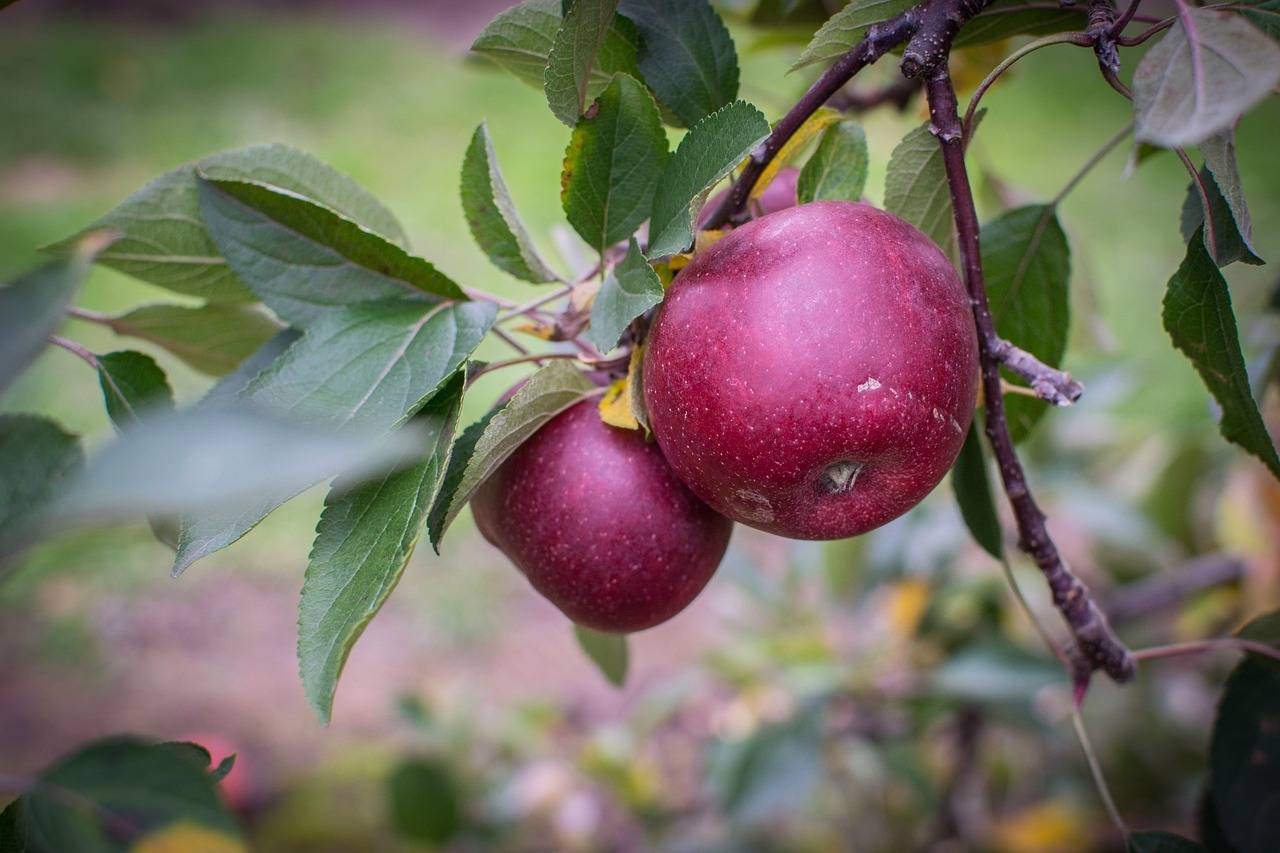The Power of Community Gardens in Promoting Food Security
Community gardens provide numerous advantages to both individuals and neighborhoods. Firstly, these shared spaces foster a sense of community and unity among residents. By working together to cultivate the land, participants form bonds, share knowledge, and create a supportive network. This communal aspect not only enriches social relationships but also promotes a greater sense of belonging and pride in the local area.
Moreover, community gardens offer physical and mental health benefits. Engaging in gardening activities has been shown to reduce stress, improve mood, and increase overall well-being. Additionally, the opportunity to grow and consume fresh, organic produce encourages healthier eating habits, leading to better nutrition and overall health outcomes for participants. The act of tending to plants and witnessing their growth can also instill a sense of purpose and accomplishment, boosting self-esteem and mental resilience.
Increasing Access to Fresh Produce
Community gardens play a crucial role in increasing access to fresh produce, especially in urban areas where supermarkets can be scarce. These communal spaces offer individuals the opportunity to grow their own fruits and vegetables, promoting self-sufficiency and healthy eating habits.
By providing a low-cost or free source of fresh produce, community gardens help reduce food insecurity among vulnerable populations. People who may not have easy access to healthy foods can benefit from the abundance of fruits and vegetables grown in these shared spaces, ultimately improving their overall nutrition and well-being.
What are some of the benefits of community gardens?
Community gardens provide a space for individuals to grow their own fresh produce, promote community involvement and collaboration, improve access to healthy food options, and can serve as a learning environment for sustainable gardening practices.
How can community gardens help increase access to fresh produce?
Community gardens help increase access to fresh produce by providing a local and affordable source of fruits and vegetables for community members. They also help address food deserts and food insecurity in neighborhoods with limited access to grocery stores or healthy food options.
How can individuals get involved in community gardens?
Individuals can get involved in community gardens by volunteering their time to help plant, maintain, and harvest crops, participating in gardening workshops and events, and supporting community garden initiatives through donations or sponsorships.
What resources are available for communities looking to start a community garden?
There are a variety of resources available for communities looking to start a community garden, including grants, funding opportunities, technical assistance from local organizations or gardening experts, and guidance on best practices for establishing and maintaining a successful community garden.





